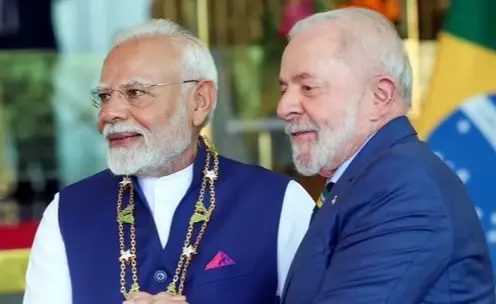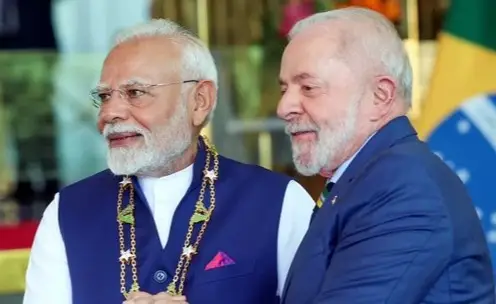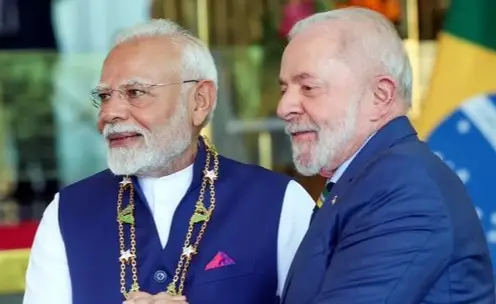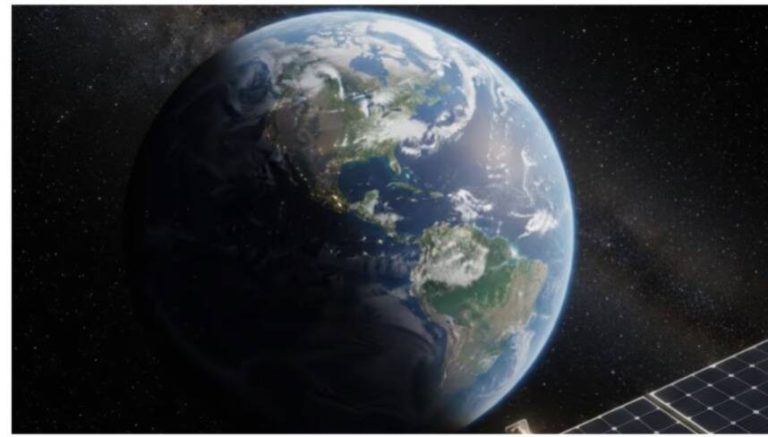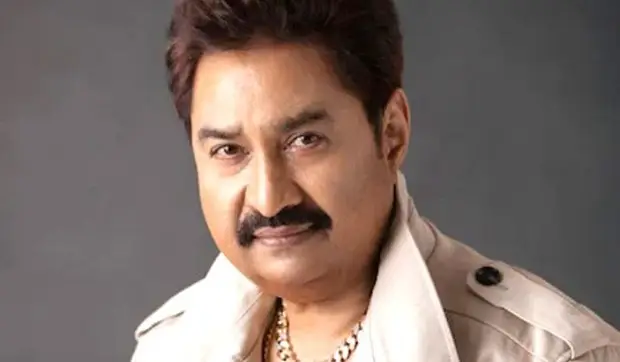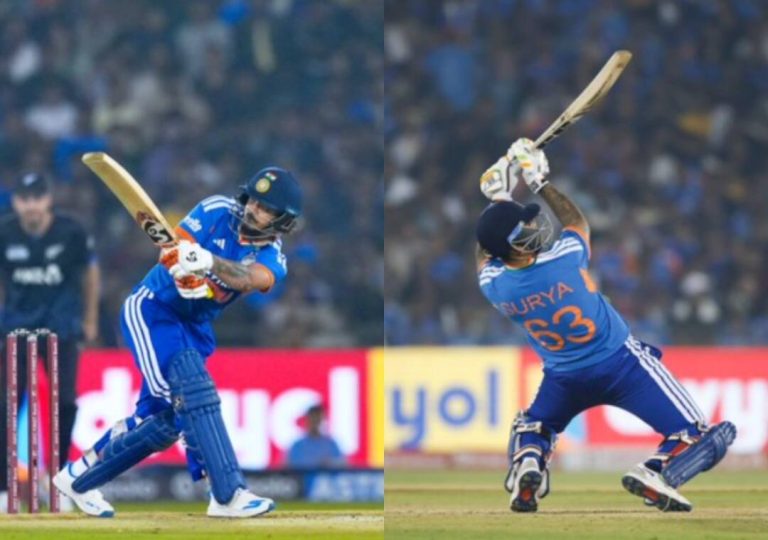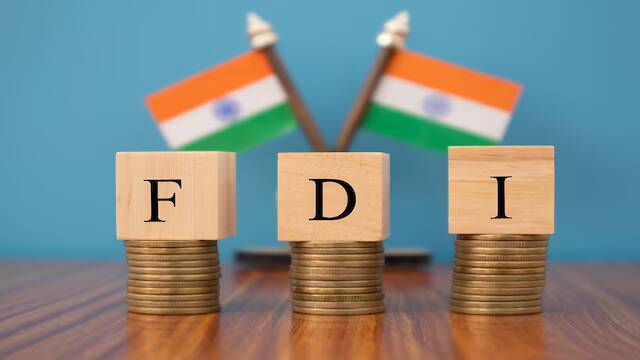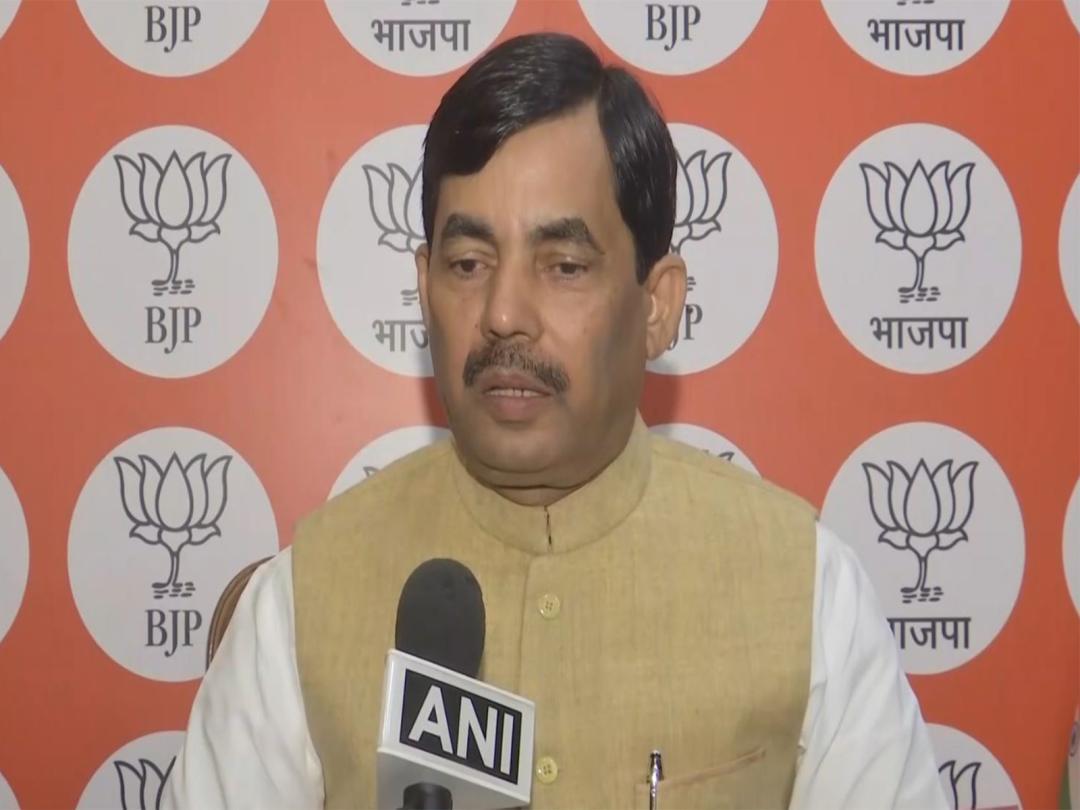
Misleading: Hussain on Jamiat chief’s Muslim representation remark
The recent statement by Jamiat Ulama-i-Hind President Maulana Arshad Madani, suggesting that Indian Muslims are unable to hold high-ranking positions, has sparked a heated debate in the country. However, not everyone agrees with Madani’s views, and one such person is BJP leader Syed Shahnawaz Hussain. In a strong rebuttal, Hussain criticized Madani’s remarks, calling them “misleading” and emphasizing that Indian Muslims have the opportunity to attain any position that the Constitution grants them.
According to Hussain, an Indian Muslim can hold any high-ranking position in the country, be it the President of India, the captain of a hockey team, or even the Chief Justice of India. He stressed that the Indian Constitution provides equal opportunities to all citizens, regardless of their religion, caste, or creed. Hussain’s statement is a clear indication that he believes Madani’s remarks are not only misleading but also undermine the spirit of equality and inclusivity enshrined in the Indian Constitution.
Hussain’s response to Madani’s statement is significant, as it highlights the complexities of the debate surrounding Muslim representation in India. While Madani’s statement may have been intended to highlight the perceived lack of representation of Muslims in high-ranking positions, Hussain’s rebuttal suggests that such a narrative may be overly simplistic and misleading. By emphasizing the opportunities available to Indian Muslims, Hussain is, in effect, challenging the notion that the community is somehow disenfranchised or marginalized.
It is worth noting that India has a long history of Muslim representation in high-ranking positions. From the President of India to the Chief Justice of India, Muslims have held various positions of power and influence. For instance, Dr. Zakir Husain, a Muslim, served as the President of India from 1967 to 1969, while Justice Mohammed Hidayatullah, also a Muslim, served as the Chief Justice of India from 1968 to 1970. More recently, Justice Altamas Kabir, a Muslim, served as the Chief Justice of India from 2012 to 2013.
Moreover, Indian Muslims have made significant contributions to various fields, including politics, sports, literature, and the arts. From the iconic cricketer Mansoor Ali Khan Pataudi to the renowned writer and poet, Kaifi Azmi, Muslims have played a vital role in shaping India’s cultural and intellectual landscape. These examples demonstrate that Indian Muslims have the talent, skills, and opportunities to excel in various fields and attain high-ranking positions.
However, it is also important to acknowledge that there are still challenges and barriers that prevent many Indian Muslims from realizing their full potential. Socio-economic factors, such as poverty, lack of education, and limited access to resources, can hinder the progress of Muslims in India. Additionally, instances of discrimination and prejudice can also affect the community’s ability to access opportunities and attain high-ranking positions.
In this context, Hussain’s statement can be seen as a call to action, encouraging Indian Muslims to seize the opportunities available to them and work towards achieving their goals. By emphasizing the importance of education, hard work, and determination, Hussain is, in effect, urging the community to take charge of their own destiny and strive for excellence in various fields.
In conclusion, the debate surrounding Muslim representation in India is complex and multifaceted. While there are certainly challenges and barriers that need to be addressed, it is also important to recognize the opportunities and successes that Indian Muslims have achieved. Hussain’s statement, which criticized Madani’s remarks as “misleading,” highlights the importance of promoting a positive and inclusive narrative that emphasizes the potential and capabilities of Indian Muslims. By doing so, we can work towards creating a more equitable and just society, where every individual has the opportunity to thrive and reach their full potential.
